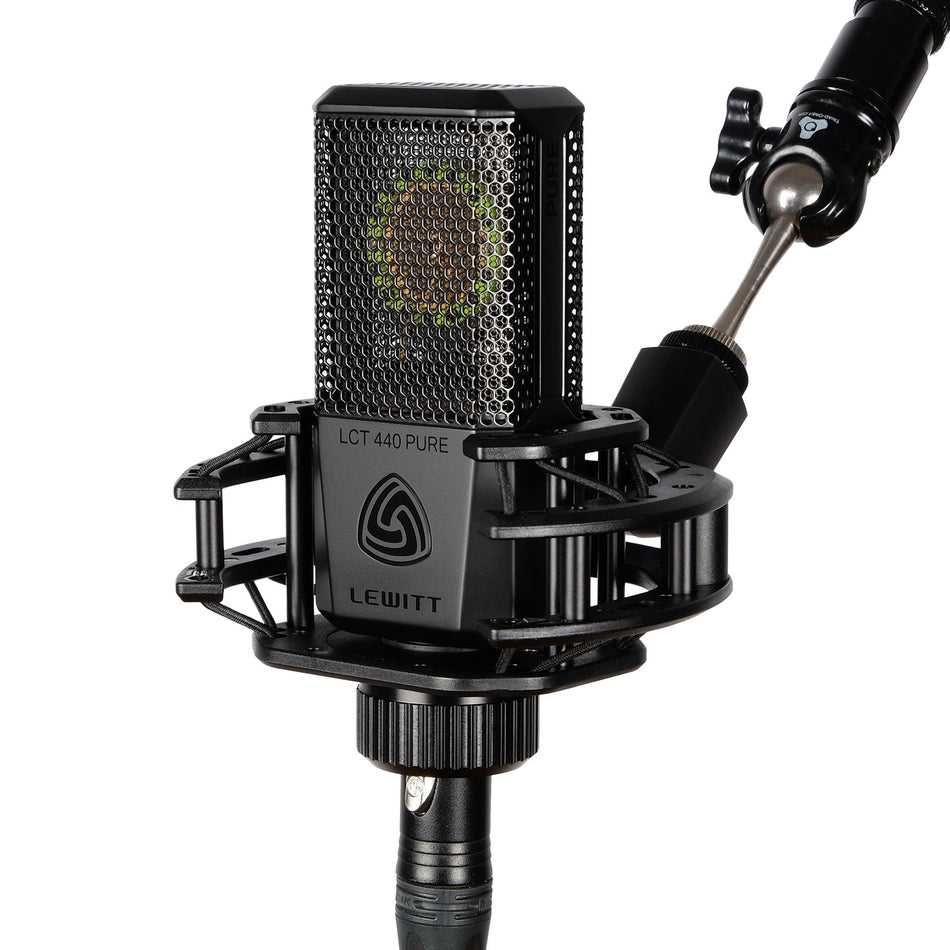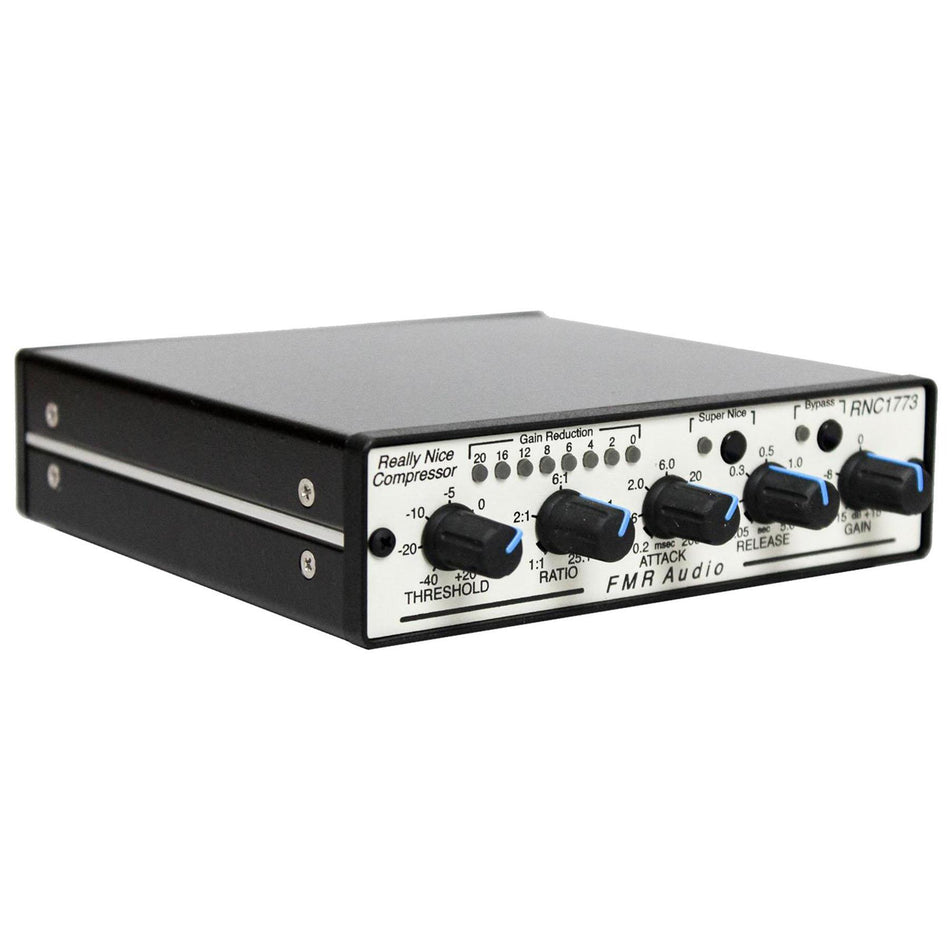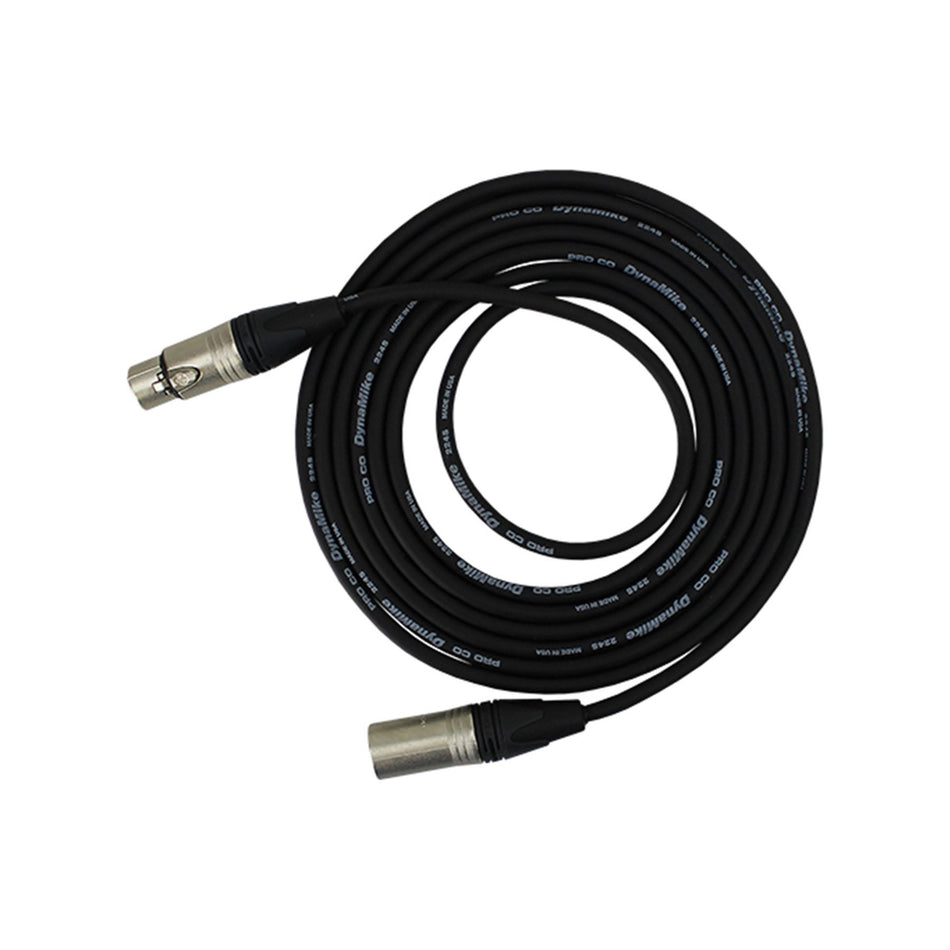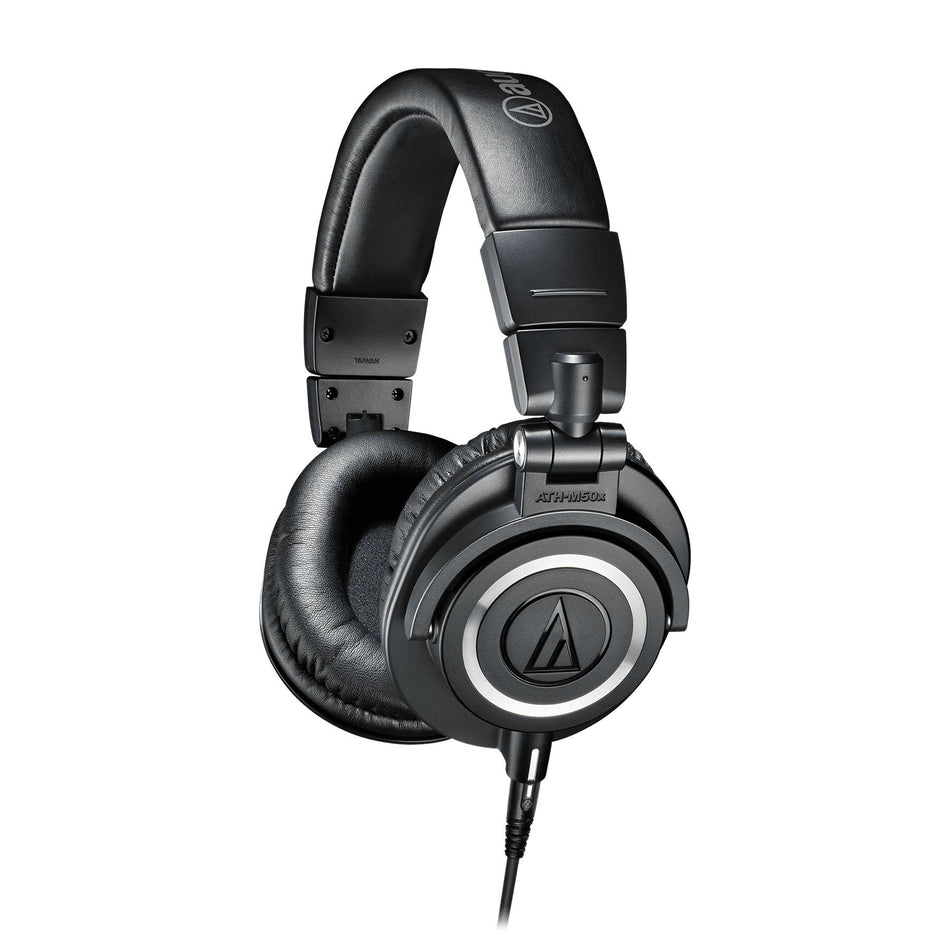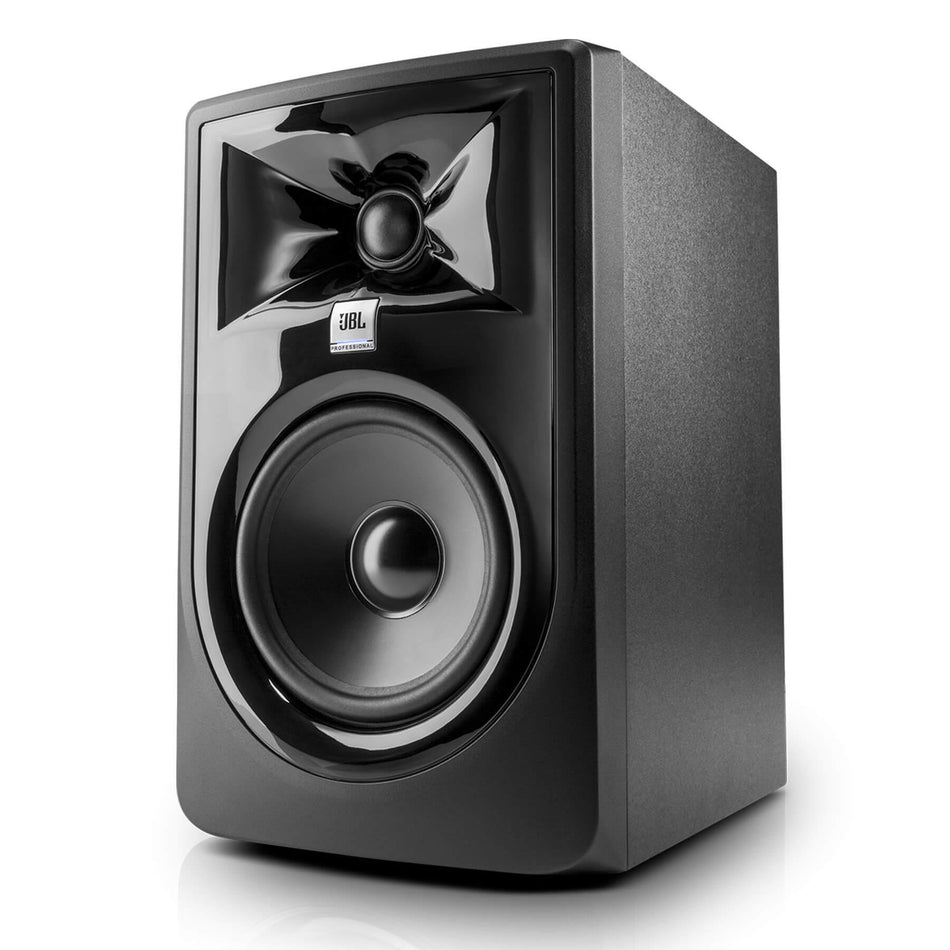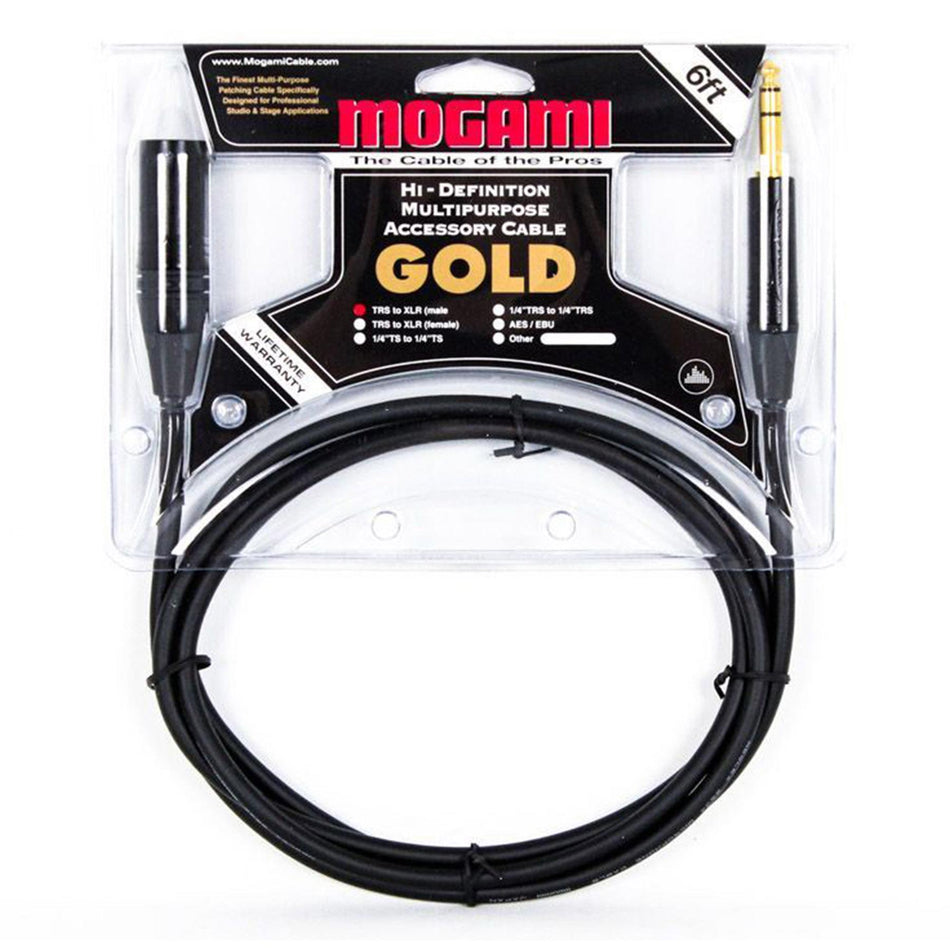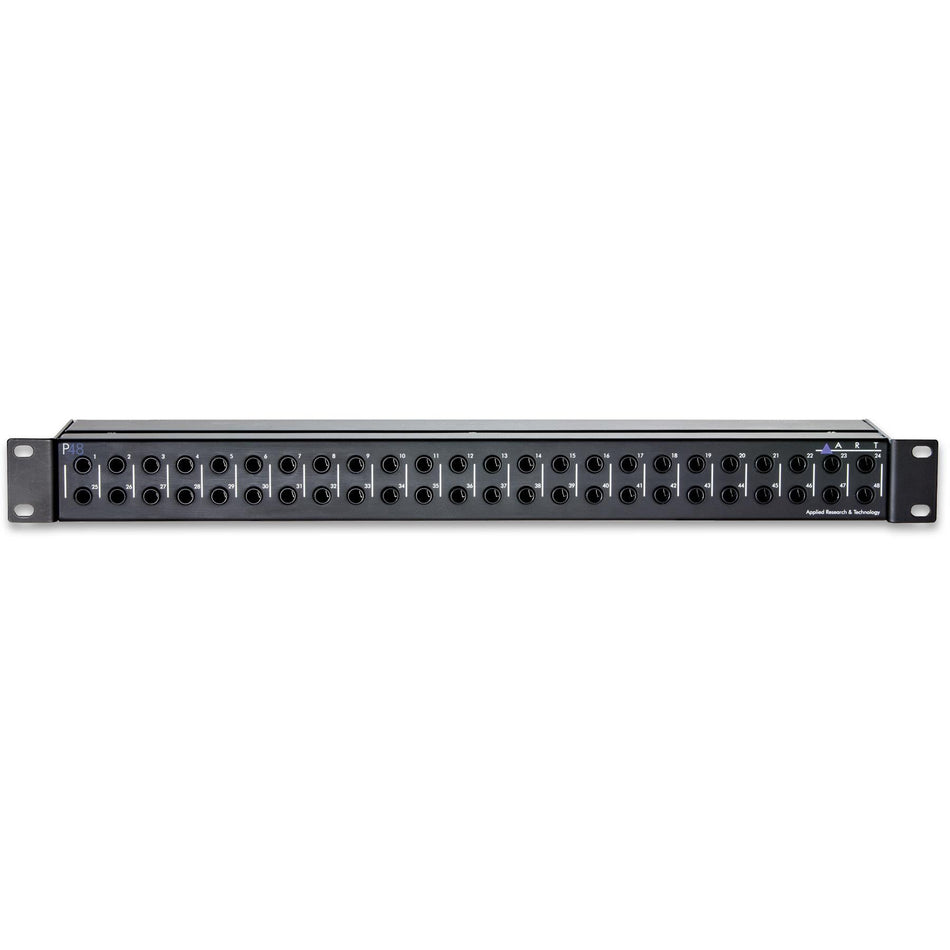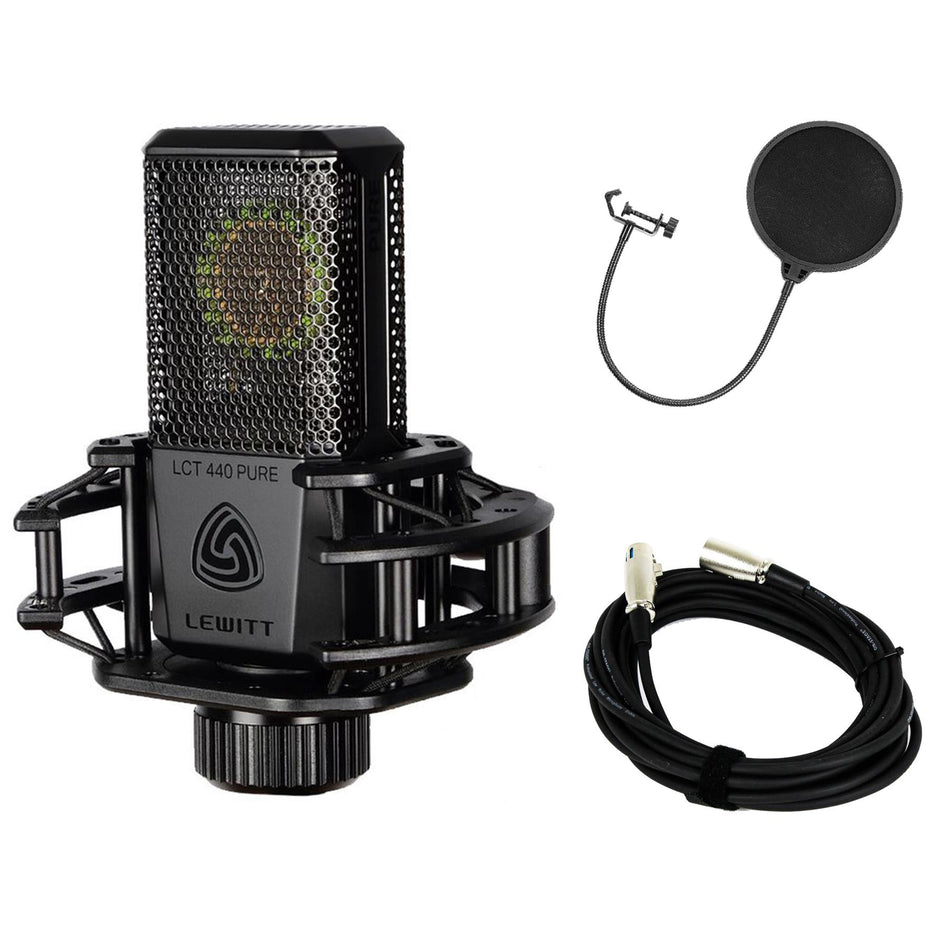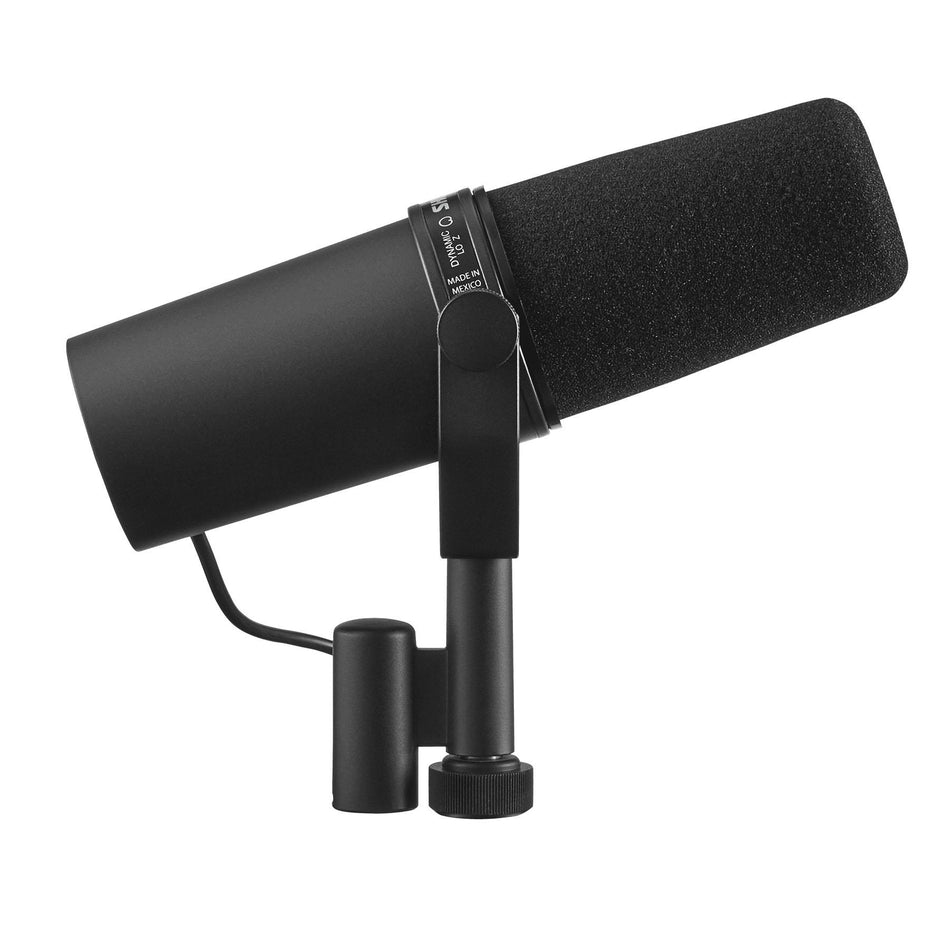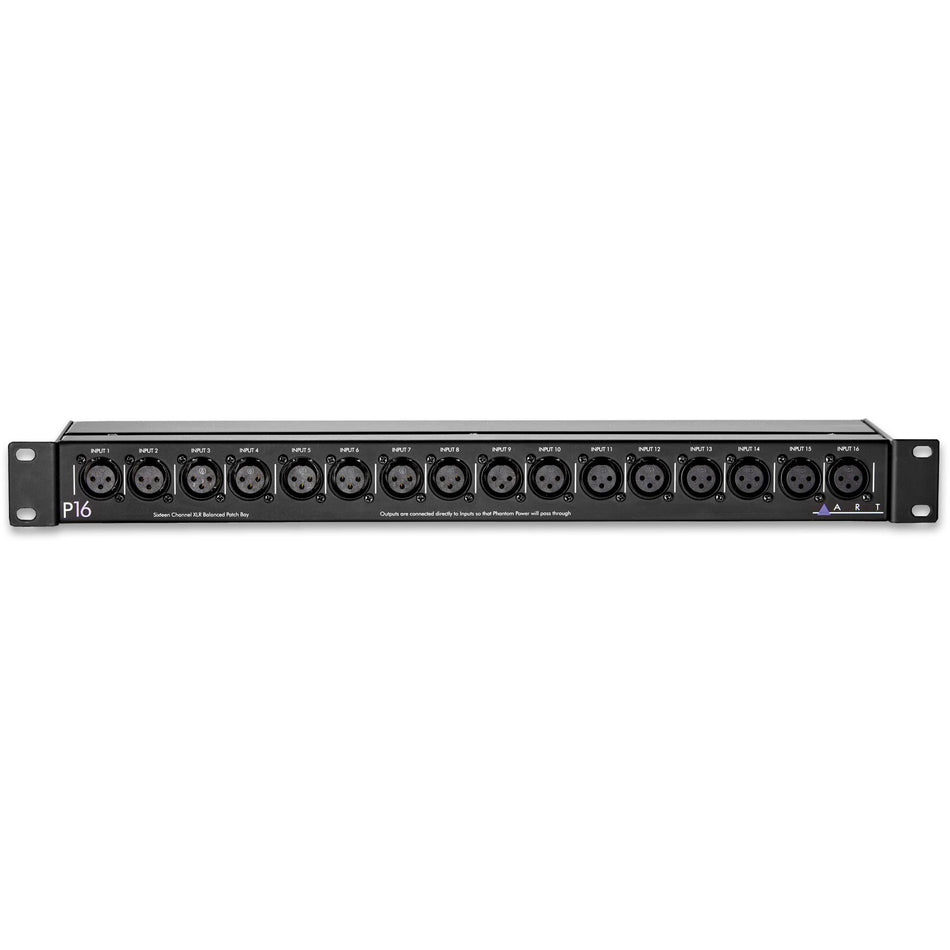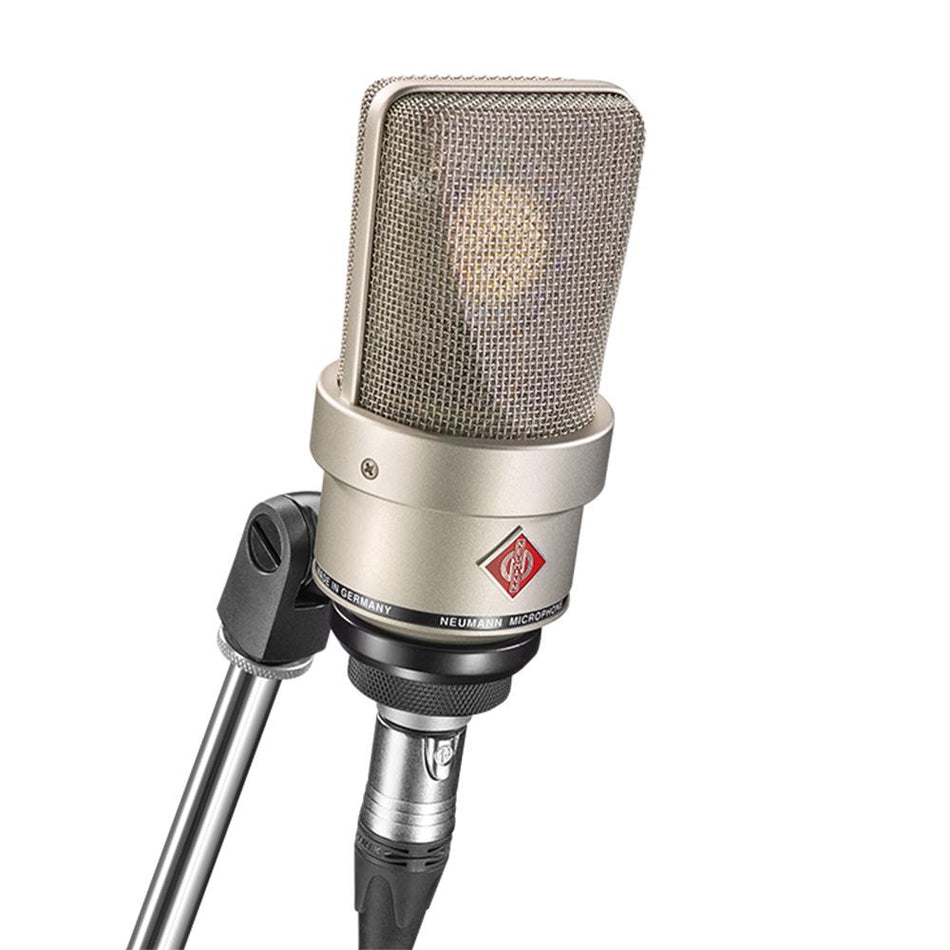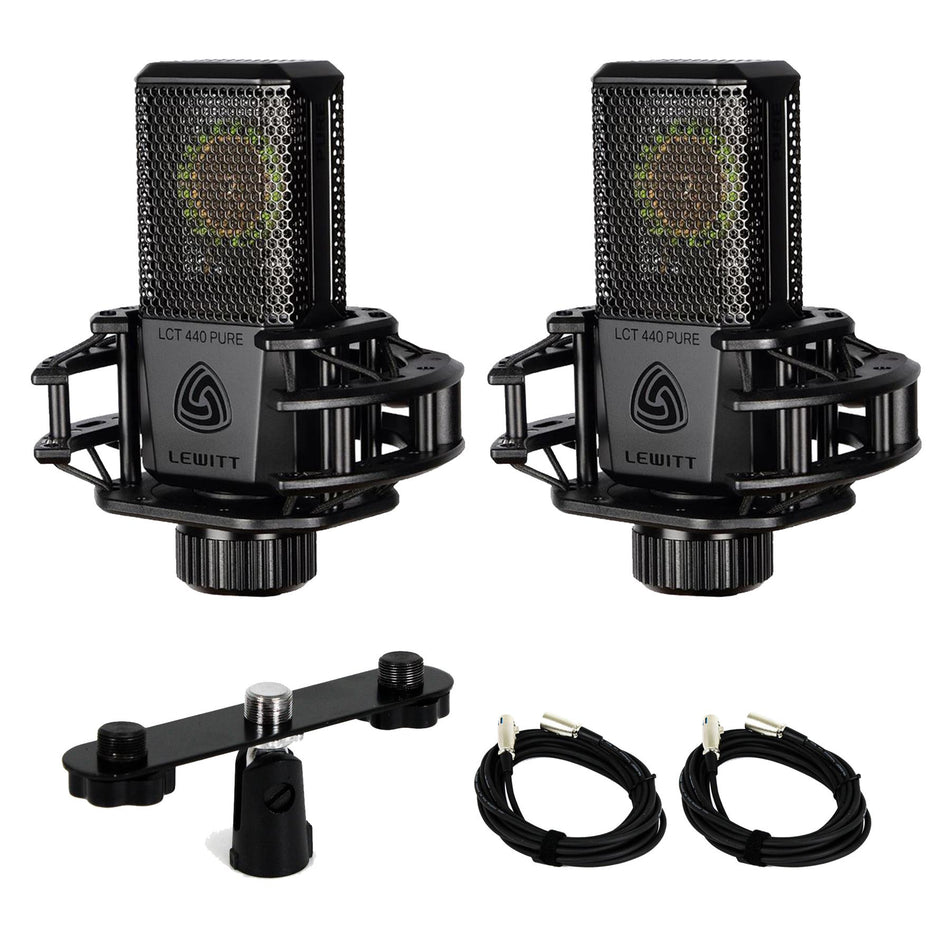This used Mackie 1202 VLZ Pro Mixer comes with a Power Cable.
Condition
This is the Pro Version! This mixer is in good condition with normal cosmetic wear, has been fully tested, and works great. Please see pictures for details on item condition.
Product Details
No matter how much you spend on a microphone, its ultimate performance depends on how it interacts with the preamp it's plugged into. Yes. We openly admit it: Many high-end mic preamps can effortlessly amplify the slightest sonic nuance, creating an aural panorama that's breathtakingly realistic, excitingly vivid, and truly 3-dimensional in scope. For years, they've provided fidelity that just hasn't been possible with the "stock" mic preamps built into mixing consoles. Until now.
To develop the new XDR (eXtended Dynamic Range) mic preamp, the engineering team started with blank paper, concerned only with matching or exceeding the performance of $500 to $2000-per-channel esoteric preamps. They went through hundreds of iterations and revs and spent countless hours subjectively listening (and arguing). They started all over again several times. They scoured the world for rare parts. Then they spent more time critically listening and evaluating the design with every high-end microphone you can think of. Then they brought in veteran recording and live sound engineers for more exhaustive listening tests.
What they ultimately ended up with is not just an awesome sounding design. XDR is also a) highly resistant to damage caused by "hot patching" (caused by routing a phantom powered mic through a patch bay); b) remarkably independent of cable-induced impedance variations; and c) able to reject extremely high RF levels without compromising high frequency response.
Because a mic preamp must amplify faint one millivolt input signals up to a thousand-fold (60dB), its rectification components can also pick up radio frequency interference (RFI) from AM and FM stations, cell phones, and pager transmitters - even microwave ovens - and amplify them to audible levels.
Mackie assaulted RFI on 3 fronts. First, they incorporate bifilar wound DC pulse transformers with high permeability cores that reject RFI but don't attenuate the sound at 15kHz and above. Second, they use carefully matched, high-precision components for critical areas of the XDR preamplifier. Third, they direct-coupled the circuit from input to output and used pole-zero cancellation constant current biasing (which also avoids increased intermodulation distortion at high common mode signal levels).
Bottom line for the non-technical: you can use the new XDR mic preamps at the end of extremely-long cheap mic cables in an RFI-saturated urban environment while talking on your cell phone...without hearing a trace of RFI.
If a mic preamp isn't designed right, it will actually sound different depending on the impedance of the microphone and the cable load! XDR's Controlled Interface Input Impedance system accepts an enormous range of impedances without compromising frequency response.
0.0007% Total Harmonic Distortion. The lowest ever in any compact mixer.
Flat response. Not only are XDR mic preamps flat within a tenth of a dB across the bandwidth of any known microphone, but are also only 3dB down at an astonishing 192kHz!
Super-low intermodulation distortion at very high operating levels thanks to instrumentation-style balanced differential architecture, linear biasing, and use of DC-coupled pole-zero-cancellation constant current that frees the mic preamp from power supply fluctuations.
Think of the 1202 as an ultra-premium, esoteric mic preamp...that just happen to have really excellent compact mixer attached.
- Ultra-low noise, highest headroom in its class
- 4 new precision-engineered XDR(tm) Extended Dynamic Range premium studio-grade mic preamps with: ultra-wide 0-60dB gain range, 130dB dynamic range for 24-bit, 192kHz sampling rate inputs, +22dBu line input handling, distortion under 0.0007% (20Hz-20kHz)
- Advanced DC pulse transformer RF rejection
- 12 line inputs (4 mono, 4 stereo pairs)
- Separate RCA-type tape/CD inputs and tape outputs (unbalanced)
- 2 aux sends with 15dB of extra gain above Unity
- Constant-loudness pan pots
- PFL Stereo in-place Solo on each channel
- 2 stereo aux returns with EFX to Monitor
- Aux 1 master with Monitor/Post assign
- 3-band active EQ (80Hz, 2.5kHz, 12kHz)
- 18dB/oct. 75Hz Lo Cut filter eliminates stage rumble, wind noise, P-pops, and low frequency recording studio room resonances
- Extra ALT 3-4 stereo bus for sub-mixes, separate recording, monitor, and 'mix minus' feeds
- Control Room/Phones multi-input source matrix
- Phantom power for premium condenser mics
- Rugged steel chassis, sealed rotary controls
- Built-in power supply - no wall wart
Our Recommendations
Pixel BPM
-
 Chris Van Den Berg
Chris Van Den BergWhat's new with Studio One Pro 7?
-
 Chris Van Den Berg
Chris Van Den BergSolid State Logic updates their SSL2 Interfaces
-
 Chris Van Den Berg
Chris Van Den BergLooking at the new Arturia Keylab MK3
